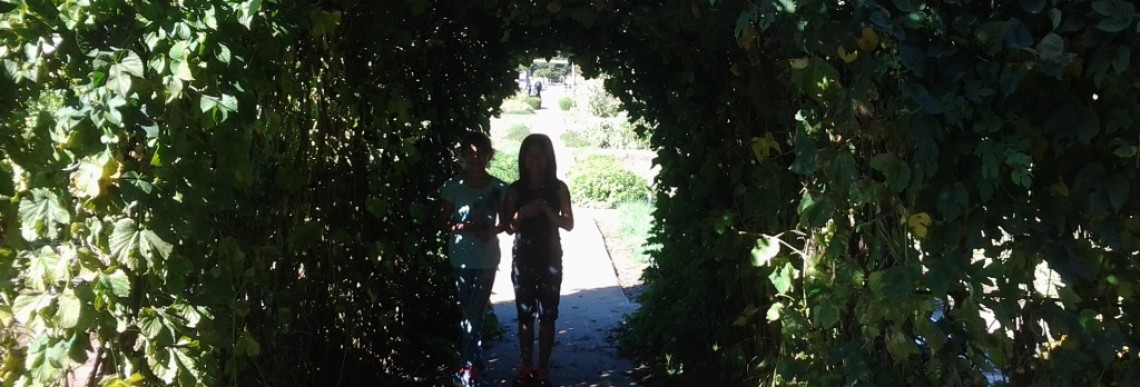Guerrilla Gardening and Community Garden Projects, it’s Bewildering!
We’ve all walked or driven by neglected areas overgrown with weeds and littered with trash. Guerrilla Gardening, (AKA bewildering) is a term used for the unauthorized cultivation of plants or crops on vacant land. The goal is to beautify neglected areas and create oases of greenery within an otherwise ugly asphalt and concrete jungle. Today, there is even a faction involved in the Occupy Wall Street movement that is attempting to teach people to “Sow Seeds, not Greed.”
Although Guerrilla Gardening seems like a benign crime, it may be best to get permission from the landowner before carrying out a mission. The same M.O. can be used for community garden or senior projects:
1) Spot some local uncared for land. You can find them along sidewalks, between buildings, on road medians and more.
2) Decide whether the plot will need some preparation before planting. Will you need to remove weeds or trash? Will the soil need amendments? If there is no unpaved ground, perhaps you could plant up some containers.
3) Plan a mission. Arrange a day and time to do the work, who will assist you, and what you will need.
4) Determine what plants and/or design to use in your garden. Your choices will have a huge effect on its success or failure. Select impactful plants that will be beautiful throughout much of the year. A few annuals are okay for instant color, but perennials will endure. Choose appropriate plants for the light, moisture, and soil conditions. Select hardy, drought-tolerant plants that can thrive with intermittent care. Native plants are ideal because they are adapted to the local climate and enhance habitat for butterflies, birds, and other native wildlife species. Or, perhaps the community would benefit from food plants; fruit trees and/or berry bushes.
5) Arrange transportation – You need to get everything to and from the site.
6) Gather your materials: a) Trash bags or containers to remove trash and weeds from the site. b) Enough plants to fill in your plot. You can buy plants from stores, divide & collect from other sites, or start seeds at home. Well-rooted plants have the best chance of survival. Willows and Red-twig Dogwoods, however, can be planted as live stakes, cuttings of branches stuck directly in the ground. c) Tools – gloves, rototiller, wheelbarrows, hoes, shovels, rakes, etc. d) Soil amendments, fertilizer & mulches. Organic matter, such as compost, is almost always beneficial. Organic, slow-release fertilizers are best. Shrubs and trees benefit from mulching after planting. e) Water – Newly planted plants always need to be watered in, unless the weather is cool and rain is imminent. d) Signs to tell about the project and the plants.
7) Planting Day! Clear the land of weeds and trash. Prepare the soil for planting. Plant, fertilize water your plants. Clean the area before leaving. Leave signs or plaques to tell about the project and to encourage others in the community to help.
8) Maintain (water & weed) your garden or get a local volunteer to care for the plot. The biggest cause of failure is inadequate irrigation.
If you don’t have the time, money, or energy to do a complete garden makeover, seedbombs are an economical alternative. Made from a mixture of clay, compost, and wildflower seeds, they are designed to be thrown into abandoned sites. Or, better yet, just scatter some seeds—Just make sure you get a mix of native wildflowers seeds that does not contain noxious weeds.
Just a few colorful, cheery flowers enhance habitats for people and wildlife!

